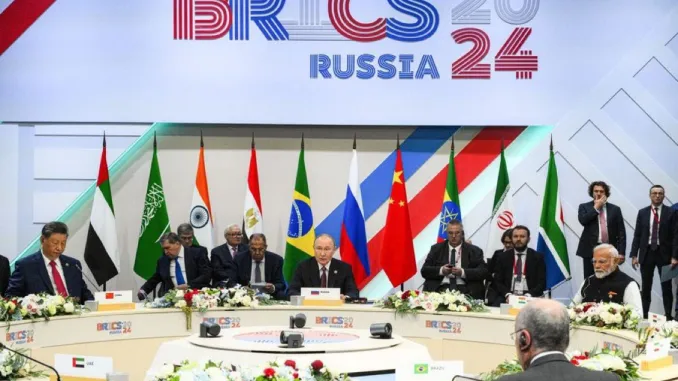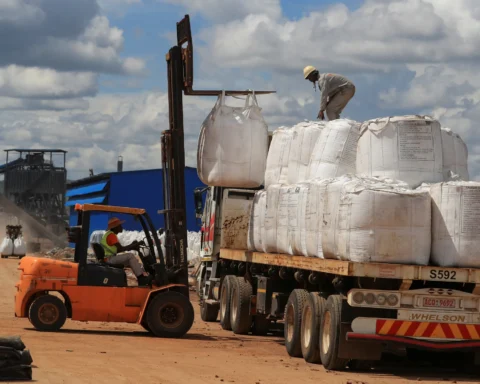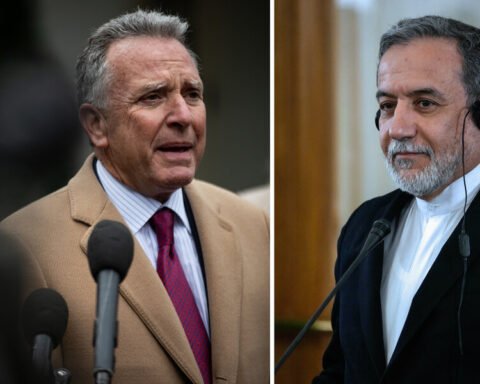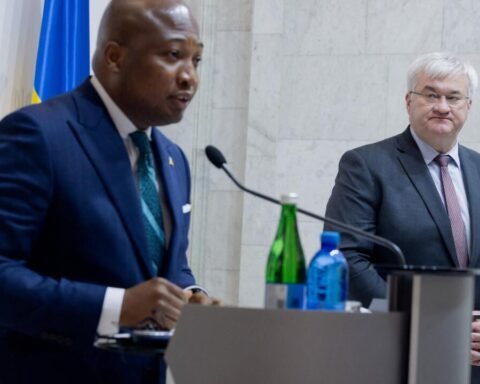comprising Brazil, Russia, India, China, and South Africa has grown significantly in 2024, incorporating new members Iran, the United Arab Emirates, Ethiopia, and Egypt.
Saudi Arabia is also expected to join, although it has yet to make a final decision. The expansion, largely driven by China, aims to enhance the group’s economic and political influence on the global stage, challenging US dominance.
BRICS was originally founded in 2001 by economist Jim O’Neill to highlight the growing economies of Brazil, Russia, India, and China, later adding South Africa in 2010. The group has evolved from a conceptual investment opportunity into a powerful entity with its own multilateral lender, the New Development Bank, and a pool of $100 billion in foreign-currency reserves. BRICS has also become a platform for nations seeking alternatives to Western-dominated institutions.
China has been a key proponent of the group’s expansion, hoping to pull countries traditionally aligned with the US into its economic orbit. The inclusion of major energy producers like Saudi Arabia and Iran could strengthen BRICS’ ability to challenge the dominance of the US dollar in global oil and gas markets. This drive for “dedollarization” is part of Beijing’s broader ambition to reshape the international order.
Read More; Kigamboni MP Dr. Ndugulile Passes Away in India
However, the expansion faces internal challenges. India, cautious of China’s growing influence, initially hesitated but ultimately supported the enlargement. Brazil was concerned about alienating the West. Despite these reservations, the benefits of BRICS’ financial resources and independent political platform for member countries have outweighed the concerns.
The enlarged BRICS now represents a more diverse economic bloc, potentially offering greater access to financing and serving as a counterbalance to the influence of the Group of Seven (G7) industrialized nations. With new members, the group could become a stronger force in global geopolitics and economic policy.








Great website. Plenty of useful information here. I am sending it to some friends ans also sharing in delicious. And obviously, thanks for your effort!